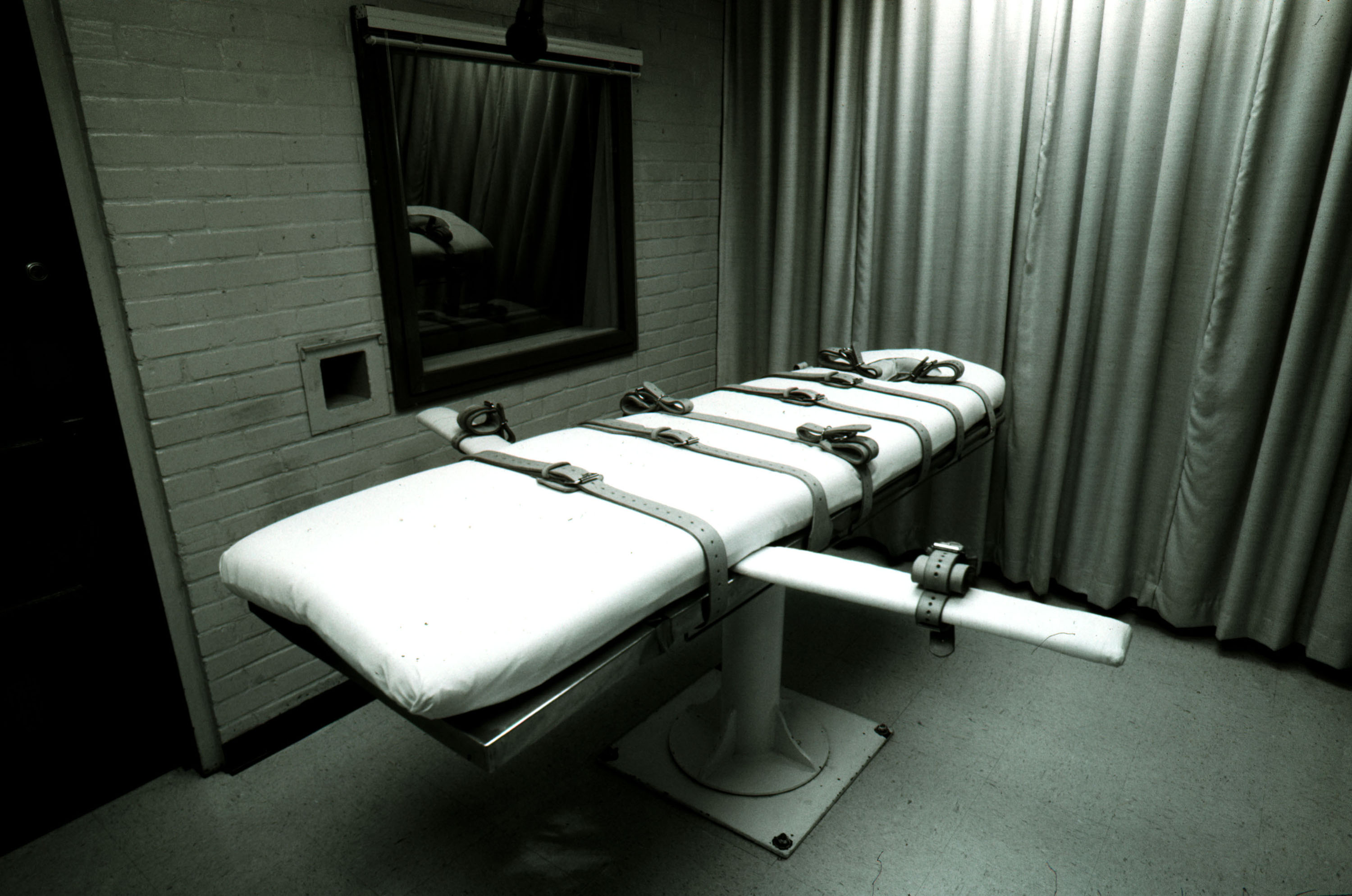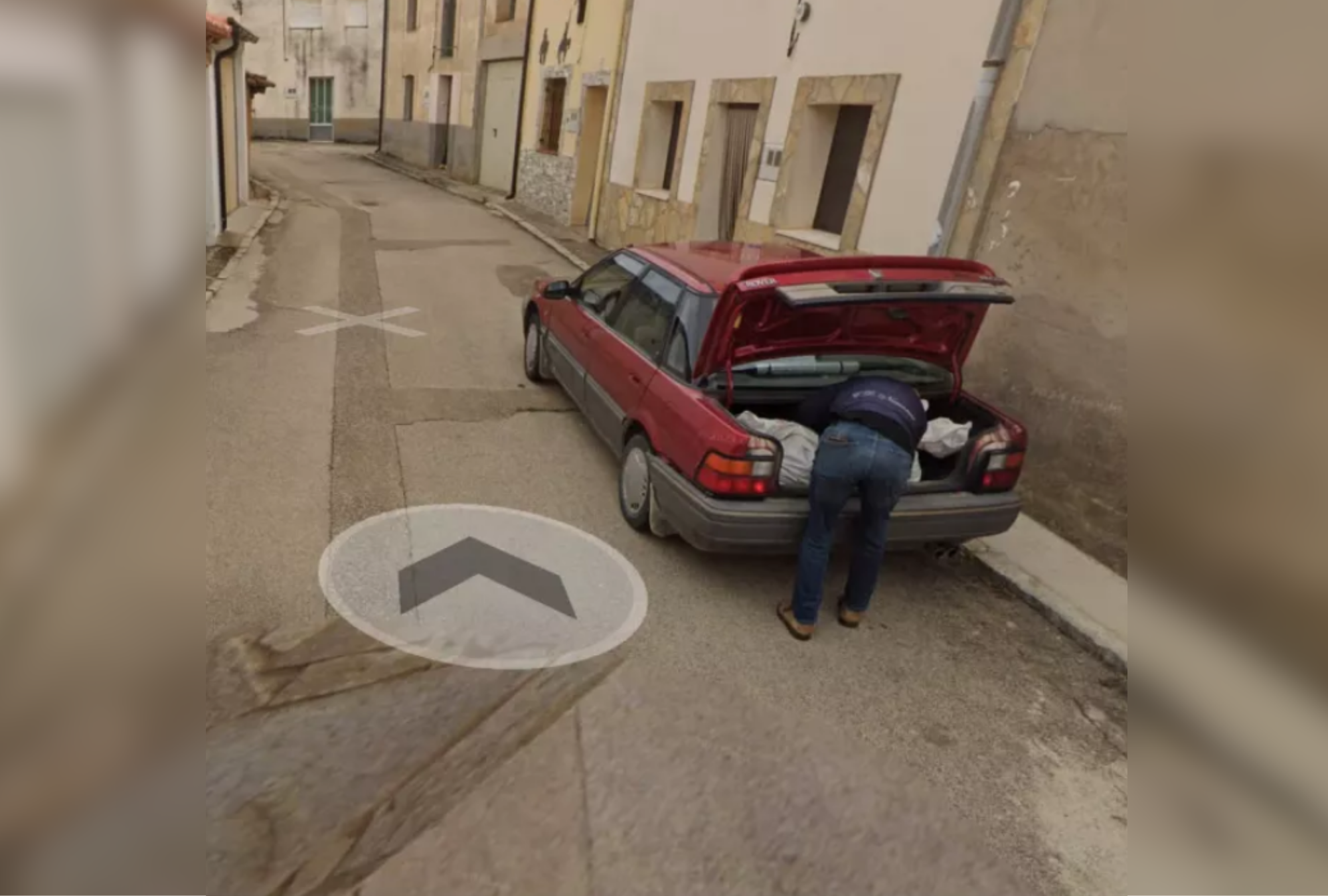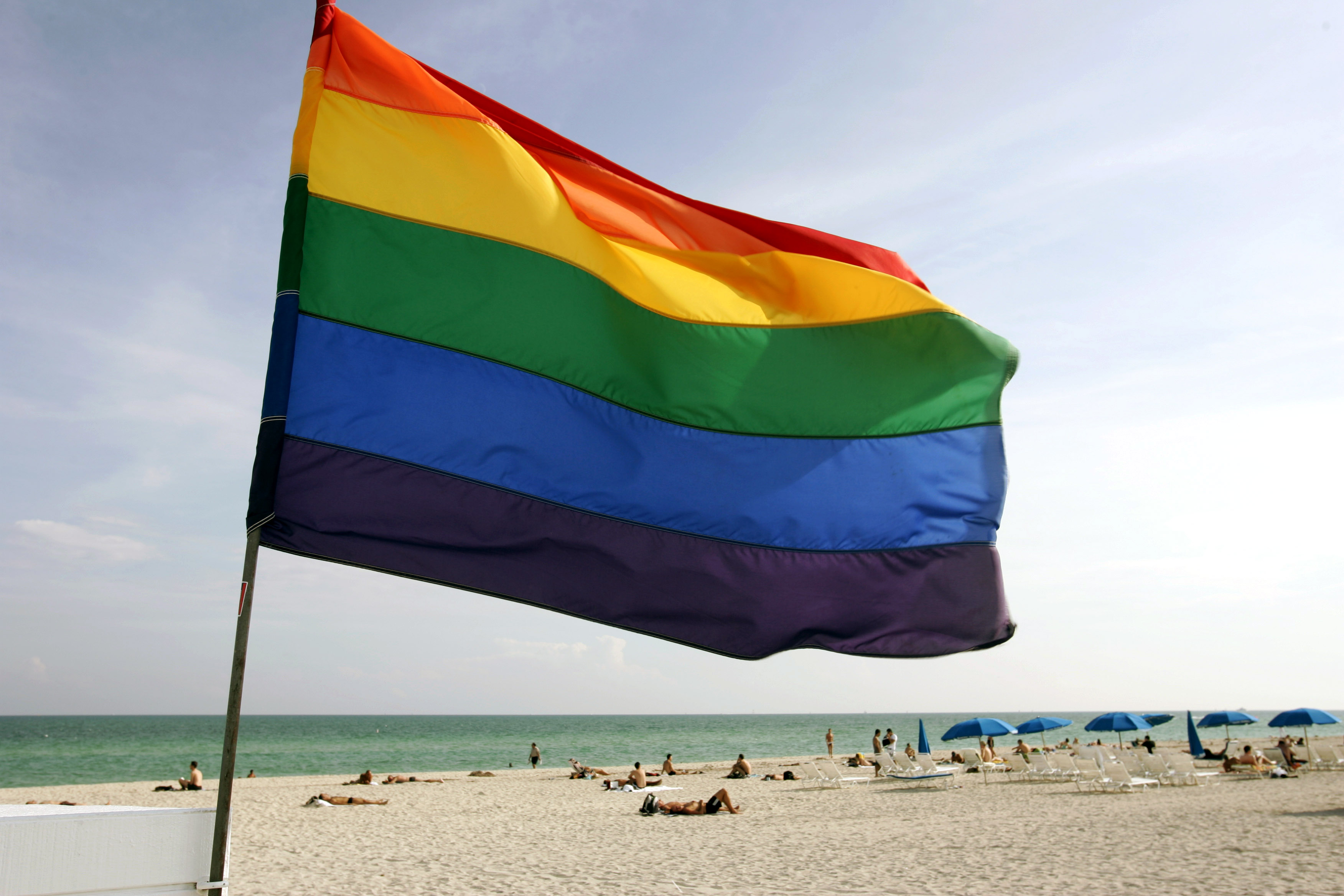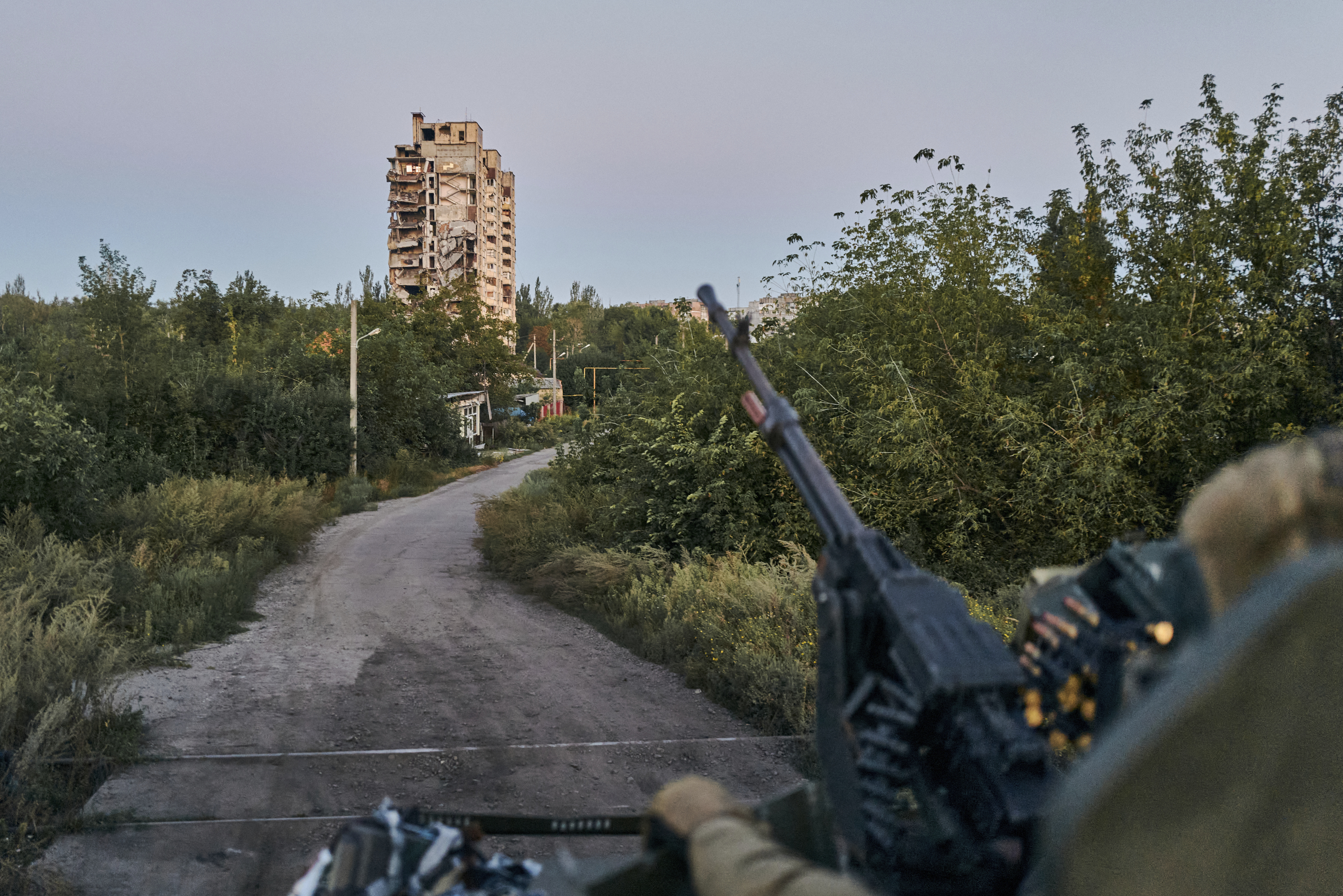What's New
Israeli airstrikes pounded Yemen's rebel-held capital and a port city early Thursday, killing at least nine people, officials said. The strikes followed a Houthi missile attack on central Israel.
Why It Matters
These recent airstrikes risk further intensifying the conflict with the Iranian-backed Houthis, whose attacks on the Red Sea shipping corridor have significantly disrupted global trade.
Despite their ties to Tehran's so-called "Axis of Resistance," which includes Hamas and Hezbollah, the Houthis have so far largely avoided the concentrated military strikes by Israel against those other Iran-backed militant groups.

What to Know
The Houthi-operated al-Masirah satellite channel reported that the Israeli airstrikes struck key infrastructure, including power stations in the capital and the Ras Isa oil terminal along the Red Sea. In Hodeida, at least seven people were killed at the nearby port of Salif, with two more fatalities reported at the Ras Isa terminal.
The Israeli military released a statement without offering specifics on the targets hit or any assessment of damage but alleged that the Houthis used the sites "for military purposes," including smuggling Iranian weapons.
In Ramat Gan, a suburb of Tel Aviv, missile fragments from a missile the Israeli military said was launched from Yemen by Houthi forces caused the collapse of a school building. No injuries were reported.
"Rocket and missile sirens were sounded following the possibility of falling debris from the interception," the Israeli military stated. Sirens blared near Tel Aviv and its surrounding areas, accompanied by a large explosion overhead.
Did the US Assist Israel in Targeting the Houthis?
Israel appears to have acted alone in Thursday's strikes. A U.S. military official, speaking on condition of anonymity, confirmed that Washington had no involvement in the attacks. While the U.S. has previously launched strikes against the Houthis, it is also navigating Saudi Arabia's efforts to secure a permanent ceasefire in its protracted conflict with the rebels.
Israel previously targeted Hodeida and its oil infrastructure in July following a Houthi drone attack that killed one person and injured 10 in Tel Aviv. In September, Israel launched another strike on Hodeida, killing at least four people after a rebel missile targeted Ben Gurion Airport as Prime Minister Benjamin Netanyahu was returning to the country.

American forces have also carried out a series of strikes on the Houthis over the past year in response to attacks by the group on shipping in the Red Sea corridor. On Monday, U.S. Central Command reported targeting "a key command-and-control facility" operated by the Houthis in Sanaa, which was later identified as the al-Ardi complex, formerly home to Yemen's Defense Ministry.
Since the Israel-Hamas war erupted in October 2023 following Hamas' surprise attack, which killed 1,200 people and resulted in 250 hostages being taken, the Houthis have targeted approximately 100 merchant vessels with missiles and drones.
Israel's ongoing offensive in Gaza has resulted in the deaths of over 45,000 Palestinians, according to health officials. The figures do not differentiate between combatants and civilians.

The Houthis have seized one vessel and sunk two others during their campaign, which has also resulted in the deaths of four sailors. Additional missiles and drones have either been intercepted by U.S.- and European-led coalitions operating in the Red Sea or failed to hit their intended targets, which have included Western military vessels.
What People Are Saying
Israeli military spokesman Rear Adm. Daniel Hagari: stated that the strikes targeted energy and port infrastructure, which he claimed the rebels "have been using in ways that effectively contributed to their military action."
Israeli Defense Minister Israel Katz said: "I suggest the leaders of the Houthis to see, to understand and remember: Whoever raises a hand against the state of Israel, his hand will be cut off, whoever harms us, will be harmed sevenfold."
Spokesman for the Houthi military Brig. Gen. Yahya Saree: claimed responsibility for the attack against Israel on Thursday in a prerecorded video statement hours later. He stated that the rebels had launched two of their "Palestine" ballistic missiles at Israel.
What Happens Next
As the region's interconnected wars grind on, the future remains uncertain. The Houthis, firmly entrenched in Yemen, show no signs of backing down. Israel's ongoing battles with Iran-backed Hamas, Hezbollah, and the Houthis suggest an increasingly expansive conflict, with Tehran's influence continuing to play a central role. The outcome of these entangled wars could redefine alliances and reshape power dynamics in the Middle East for years to come.
This article includes reporting from The Associated Press




















 English (US) ·
English (US) ·